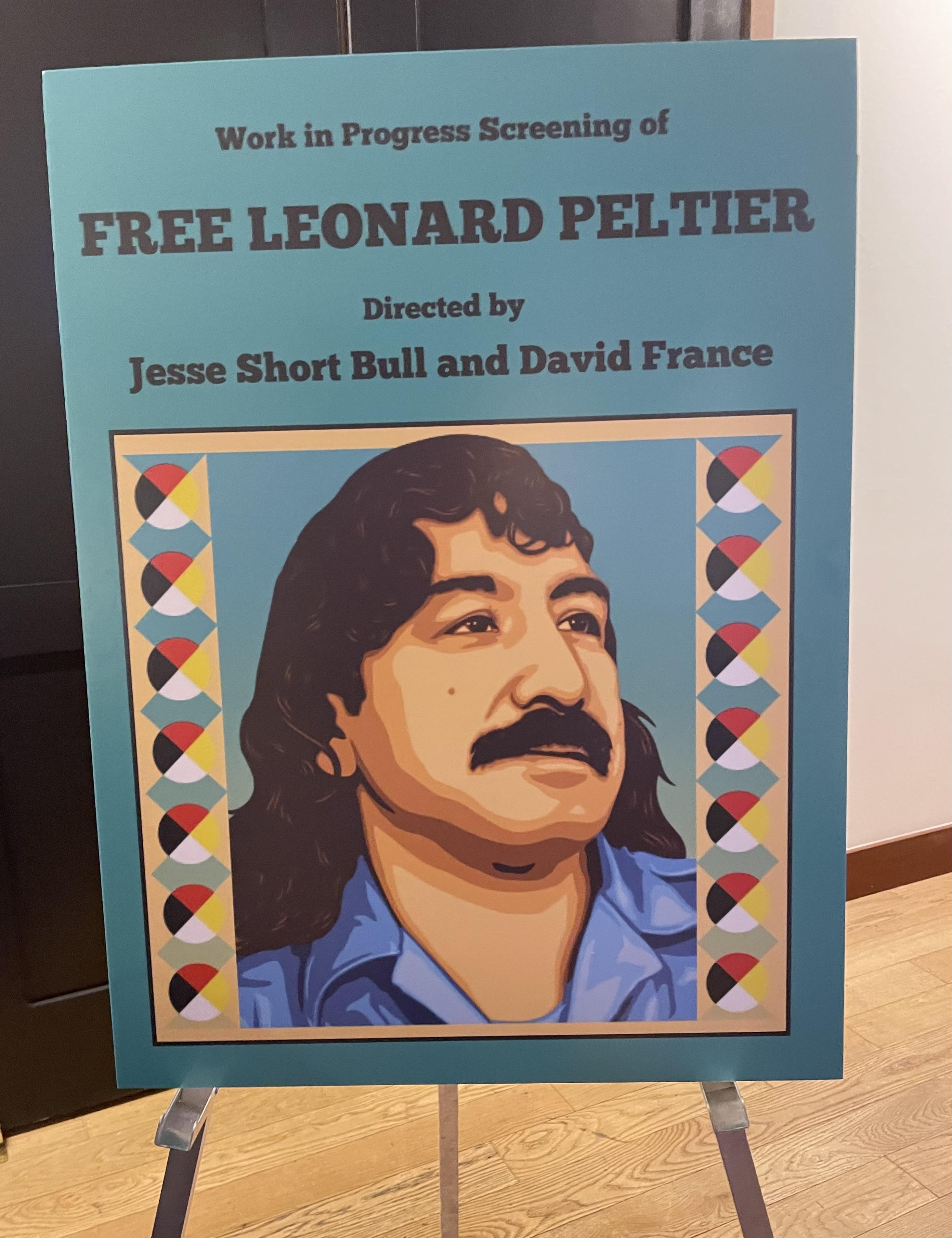
- Details
- By Jehann El-Bisi
Guest Opinion. With the stroke of a pen, President Biden holds the power to release Leonard Peltier and begin a meaningful act of reconciliation. Granting clemency to Peltier, in line with the legal precedent set by the 1891 case of Plenty Horses, would not only serve justice but also underscore President Biden's apology to Indian Country.
Freeing Leonard Peltier would bring long-overdue justice and healing to his family while allowing the FBI to correct past wrongs, release an entrenched and misplaced grudge, and commit to upholding justice with integrity. This decisive action would also address the karmic stain on America—one rooted in lies and injustice—and answer the prayers of many who call for Peltier’s freedom.
 Make A Donation Here
Make A Donation Here
Neely Bardwell, in an article published on December 16, 2024, in Native News Online, titled National Association of Criminal Defense Lawyers Urge Biden to Pardon Peltier, highlights this urgency. Bardwell notes that Peltier, now 80, “has spent nearly five decades in prison for crimes related to his involvement with the American Indian Movement.” This language risks perpetuating the false notion of his guilt and the unjust implication that the American Indian Movement (AIM) was a criminal organization.
The truth is clear: Leonard Peltier was falsely accused and illegally imprisoned, a fact recognized and supported by prominent global leaders including Pope Francis, Archbishop Desmond Tutu, former federal judge Kevin Sharp, and even some former FBI officials involved in his case. Their voices join a growing chorus calling for his release.
Peltier’s imprisonment stems from defending his community during the civil disobedience actions of AIM in the early 1970s, a period remembered as "The Reign of Terror" against the Oceti Sakowin, Lakota Nation. These events unfolded under violent federal suppression, including the actions of Bureau of Indian Affairs police gangs.
A letter initiated by Senator Brian Schatz (D-Hawai‘i) and signed by 34 members of Congress urges President Biden to grant clemency, noting that Peltier "has long maintained his innocence." This assertion is bolstered by respected lawmakers and global figures who recognize the profound injustice of his imprisonment.
The FBI’s false narratives, rooted in racism and perpetuated in mainstream consciousness, continue to obscure the truth and hinder President Biden's ability to act decisively. It is critical to acknowledge that once the National Guard entered Wounded Knee in 1973 and engaged as a military authority, subsequent events, including the incident at Oglala, legally fell under the conditions of war. By this framework, Leonard Peltier’s actions are rendered lawful, and his detention is illegal under the precedent of Plenty Horses.
By invoking this precedent, President Biden could rely on the mechanism of law—not opinion—to issue an executive order for Peltier’s release without fear of opposition from the FBI. Clemency is not merely an act of mercy; it is a legal and moral imperative. Peltier’s innocence has long been evident, and justice demands that he be set free.
Jehann El-Bisi is an writer and artist.
Help us defend tribal sovereignty.
At Native News Online, our mission is rooted in telling the stories that strengthen sovereignty and uplift Indigenous voices — not just at year’s end, but every single day.
Because of your generosity last year, we were able to keep our reporters on the ground in tribal communities, at national gatherings and in the halls of Congress — covering the issues that matter most to Indian Country: sovereignty, culture, education, health and economic opportunity.
That support sustained us through a tough year in 2025. Now, as we look to the year ahead, we need your help right now to ensure warrior journalism remains strong — reporting that defends tribal sovereignty, amplifies Native truth, and holds power accountable.
 The stakes couldn't be higher. Your support keeps Native voices heard, Native stories told and Native sovereignty defended.
The stakes couldn't be higher. Your support keeps Native voices heard, Native stories told and Native sovereignty defended.
Stand with Warrior Journalism today.
Levi Rickert (Potawatomi), Editor & Publisher
